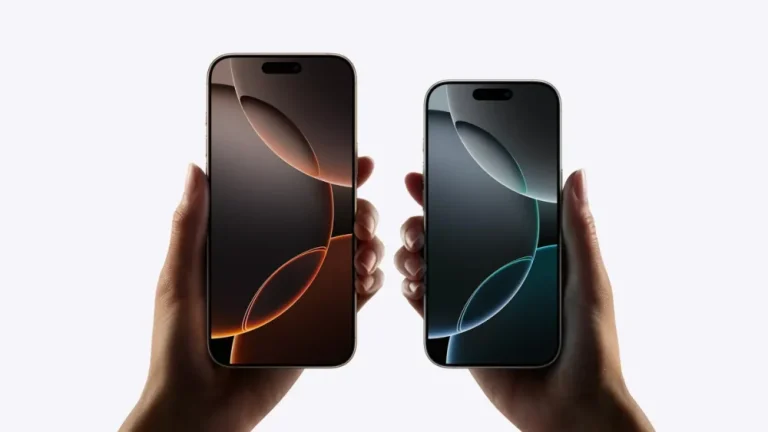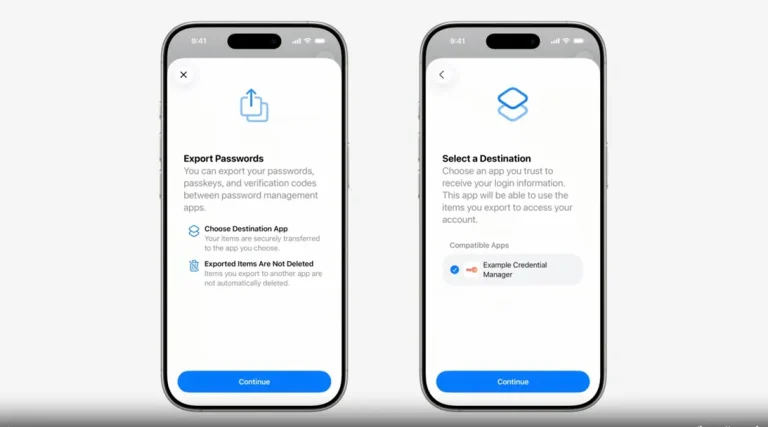
Bloomberg editor Mark Gurman recently revealed that Apple is continuing its efforts to develop a portless iPhone. Initially, the company planned to remove the USB-C port from the iPhone 17 Air, but due to regulatory concerns within the European Union (EU), Apple ultimately decided to retain the port.
The EU’s Common Charger Directive mandates that all smartphones must adopt a universal USB-C charging standard, with the primary objective of reducing electronic waste—specifically, minimizing the incompatibility of chargers and data cables caused by differing ports.
Before the directive took effect, Apple’s official stores still sold Lightning-equipped models, such as the iPhone 14 and iPhone SE. However, to comply with EU regulations, Apple ceased sales of these models within the EU market at that time.
Given that the EU’s ultimate goal is merely to reduce electronic waste, an iPhone without any physical ports would theoretically not violate the directive. Most wireless charging solutions for compact electronic devices are already widely compatible, particularly those based on the Qi wireless charging standard.
Technology news outlet 9to5Mac reached out to the EU for clarification on this matter. Federica Miccoli, an EU spokesperson, responded, stating: “Since such wireless electronic devices are incapable of charging via a wired connection, they are not required to adopt a harmonized (wireless) charging solution.”
Logically, Apple’s legal team has likely already considered these regulatory implications. This suggests that the decision to retain the USB-C port on the iPhone 17 Air may not be entirely driven by EU legal constraints but rather by other technical considerations—for instance, how to facilitate firmware recovery in the event of a system failure.
Speaking of legal matters, the EU is also working toward standardizing wireless charging to prevent market fragmentation and mitigate potential negative impacts on consumers and the environment. The EU intends to monitor the development of all wireless charging technologies, focusing on market trends, adoption rates, interoperability, energy efficiency, and charging performance.
However, in the broader international market, most wireless charging technologies are already highly interoperable. For example, Apple has donated its MagSafe charging standard to the Wireless Power Consortium (WPC), which has incorporated it into the Qi2 protocol. Since the Qi standard is widely adopted, even if Apple removes the USB-C port in favor of MagSafe charging, the iPhone would still be eligible for sale within the EU.


